Coronado: The New Evidence
Coronado: The New Evidence explores one of the longest-standing archaeological mysteries in the United States–the land route taken by famed explorer Francisco Vázquez de Coronado who from 1540-1542 was attempting to find vast wealth and fame while traveling north from Mexico.
Through the intrepid and tireless work of Arizona-based archaeologist Dr. Deni Seymour, we now know where Coronado's expedition first crossed into what would later become the continental United States.
The filmmakers have exclusive access to the Coronado archaeological site where our cameras have been rolling for three years as Dr. Seymour unearthed hundreds of Coronado artifacts including a breathtaking 15th-century "wall gun" that is the earliest firearm found in the continental United States.
This discovery has dire, catastrophic far-reaching implications—not only for US and World history—but for the indigenous people, the Sobaipuri, and their descendants, the Wa:k O'odham, who first encountered Coronado.
The Wa:k O'odham soberly and thoughtfully share their reaction and meaning of this breakthrough discovery by Seymour. Coronado was not exempt from the well-known litany of crimes committed by White Europeans against American Indigenous peoples.
Dr. Seymour also discovered evidence of a Sobaipuri revolt that pre-dates the New Mexico Pueblo Revolt of 1680. The 1541 Sobaipuri rebellion is therefore the first successful Native American revolt in what is now the U.S. This single battle kept White explorers out of Arizona for another 150+ years.
Perhaps the most astonishing discovery by Seymour is that this Coronado site is the first established Spanish colony in the American Southwest and the third ever established in what is now the United States. This villa/town pre-dates San Agustín, Roanoke, and Jamestown!
Deni J. Seymour, Ph.D., is an independent researcher and has research affiliations with two universities and at Jornada Research Institute. She is the author of Where the Earth and Sky Are Sewn Together: Sobaipuri- O'odham Contexts of Contact and Colonialism (The University of Utah Press, 2011), as well as other books.













